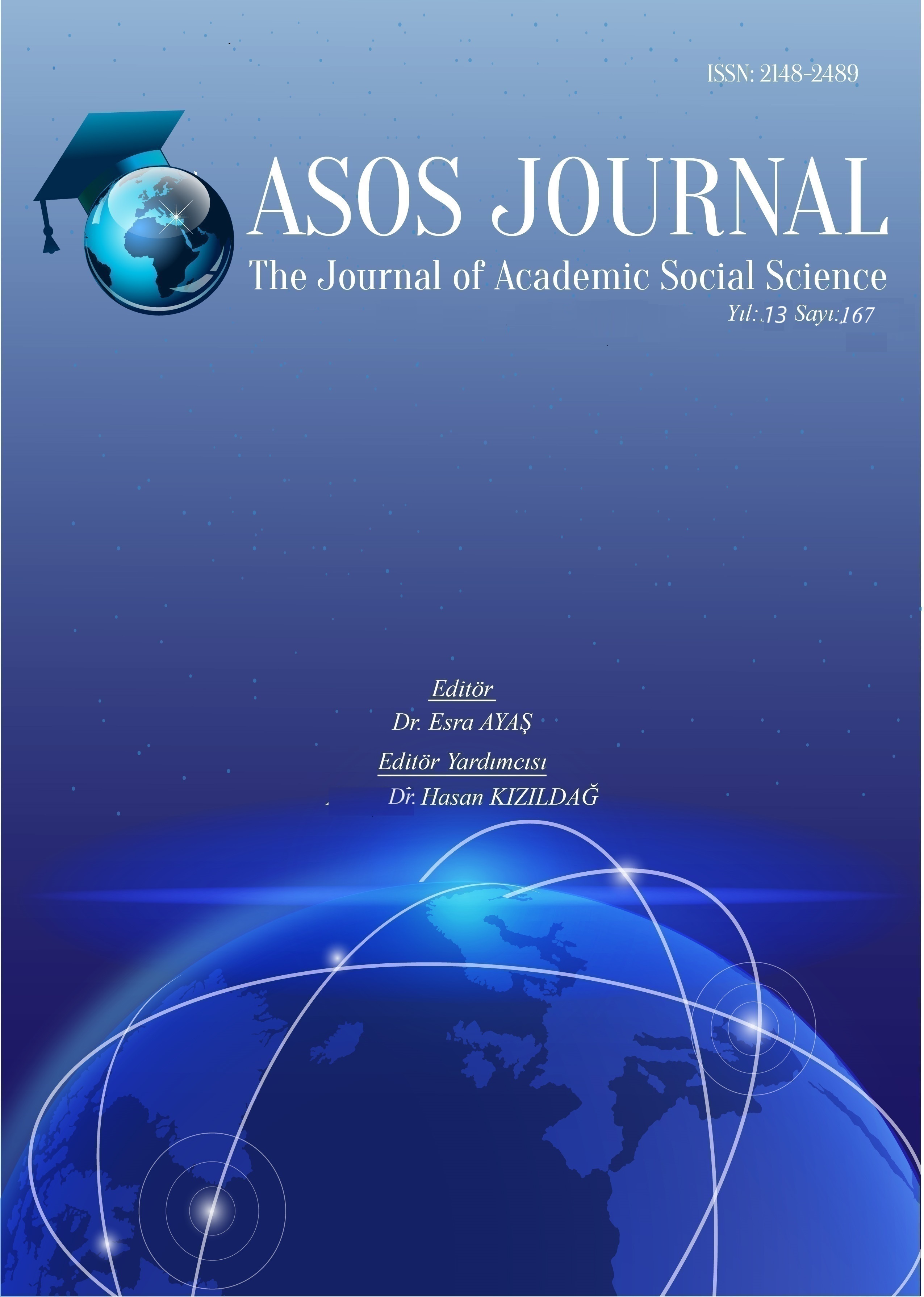Author :
Abstract
Yapay Zeka, son yıllarda çalışma hayatında baş döndüren gelişmeler ve yenilikler ile ön plana çıkmaktadır. Teknolojik gelişmelerin Yapay Zeka ile kesişim noktaları, muhasebe meslek mensuplarının faaliyetlerinde de önemli gelişmelere yol açacağı ifade edilmektedir. Bu çalışma, yapay zekâ (YZ) teknolojilerinin muhasebe mesleği üzerindeki etkilerini çok boyutlu bir şekilde ele almaktadır. YZ’nin muhasebe uygulamalarında sunduğu otomasyon, veri analitiği ve karar destek sistemleri gibi olanaklar sayesinde işlem hızında ve doğrulukta önemli gelişmeler sağlanmıştır. Ancak bu gelişmeler, muhasebecilerin rollerinde köklü değişiklikler yaratmakta; veri odaklı analiz yetkinlikleri, etik muhakeme ve dijital sistemlere uyum gibi yeni beceriler gerektirmektedir. Çalışma, YZ’nin muhasebe eğitimine etkilerini, etik ve denetim boyutlarını, Türkiye’deki uygulama örneklerini ve sistematik avantaj-dezavantaj dengesini literatür taraması ışığında incelemektedir. Elde edilen bulgular, muhasebe mesleğinde teknolojik dönüşümün yalnızca araçsal değil; aynı zamanda mesleki etik, sorumluluk ve sürdürülebilirlik bağlamında da yeniden tanımlanması gerektiğini göstermektedir.
Keywords
Abstract
Artificial intelligence (AI) has come to the forefront in recent years with groundbreaking developments and innovations in working life. The intersection points of technological advancements with AI are expected to lead to significant developments in the activities of accounting professionals. This study addresses the effects of artificial intelligence (AI) technologies on the accounting profession from a multidimensional perspective. Thanks to the opportunities provided by AI—such as automation, data analytics, and decision support systems—significant improvements have been achieved in processing speed and accuracy. However, these developments are creating fundamental changes in the roles of accountants, requiring new competencies such as data-driven analytical skills, ethical reasoning, and adaptation to digital systems. The study examines the effects of AI on accounting education, its ethical and auditing dimensions, practical applications in Turkey, and the systematic balance of advantages and disadvantages in light of the literature. The findings show that the technological transformation in the accounting profession needs to be redefined not only in terms of tools but also within the context of professional ethics, responsibility, and sustainability.





